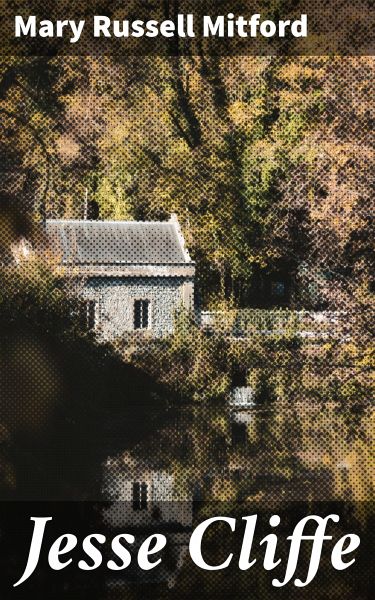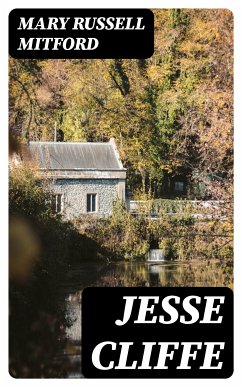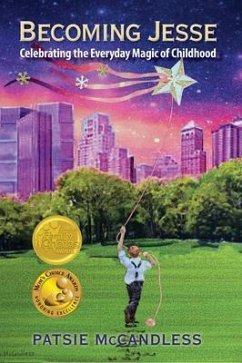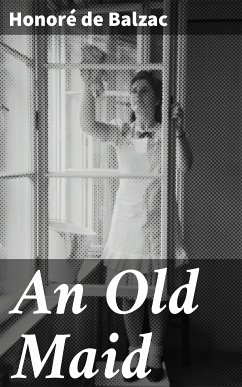
Jesse Cliffe (eBook, ePUB)
A Tale of Rural England: Class Struggles and Personal Growth in 19th Century

PAYBACK Punkte
0 °P sammeln!
In "Jesse Cliffe," Mary Russell Mitford crafts a poignant narrative that masterfully intertwines themes of love, loss, and the nuances of rural life in early 19th-century England. Mitford's distinctive literary style is characterized by its vivid imagery and rich character development, drawing readers into the rural landscape and the intimate emotions of her characters. Set against a backdrop of English social dynamics, the novella reflects the author'Äôs keen observation of countryside life, with its interplay of nature and human sentiment enhancing its lyrical quality. Mary Russell Mitford...
In "Jesse Cliffe," Mary Russell Mitford crafts a poignant narrative that masterfully intertwines themes of love, loss, and the nuances of rural life in early 19th-century England. Mitford's distinctive literary style is characterized by its vivid imagery and rich character development, drawing readers into the rural landscape and the intimate emotions of her characters. Set against a backdrop of English social dynamics, the novella reflects the author'Äôs keen observation of countryside life, with its interplay of nature and human sentiment enhancing its lyrical quality. Mary Russell Mitford, a prominent figure in Victorian literature, was influenced by her upbringing in the picturesque village of Three Mile Cross. Her affinity for nature and her experiences as a playwright and novelist imbued her writing with an authenticity that captures the complexities of everyday life. Mitford's deep connection to her surroundings and her understanding of human relationships inform the realism and depth found in "Jesse Cliffe," revealing her profound empathy towards her characters. This novella is a must-read for aficionados of 19th-century literature and those who appreciate intricate portrayals of rural life. Mitford's work deserves recognition for its emotional depth and lyrical beauty, making "Jesse Cliffe" a compelling exploration of the trials of love and resilience in the face of adversity.
Dieser Download kann aus rechtlichen Gründen nur mit Rechnungsadresse in A, B, BG, CY, CZ, D, DK, EW, E, FIN, F, GR, H, IRL, I, LT, L, LR, M, NL, PL, P, R, S, SLO, SK ausgeliefert werden.













